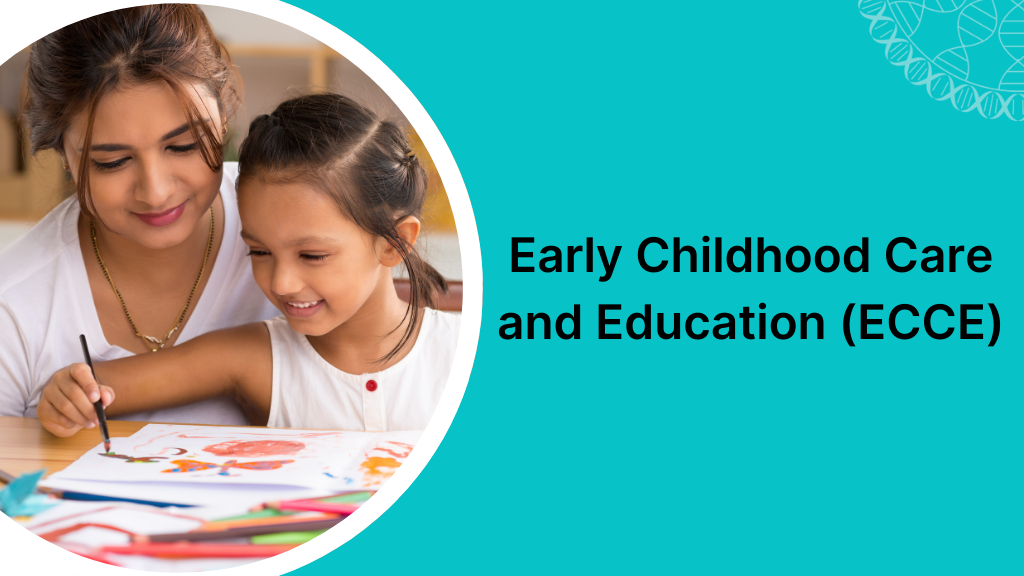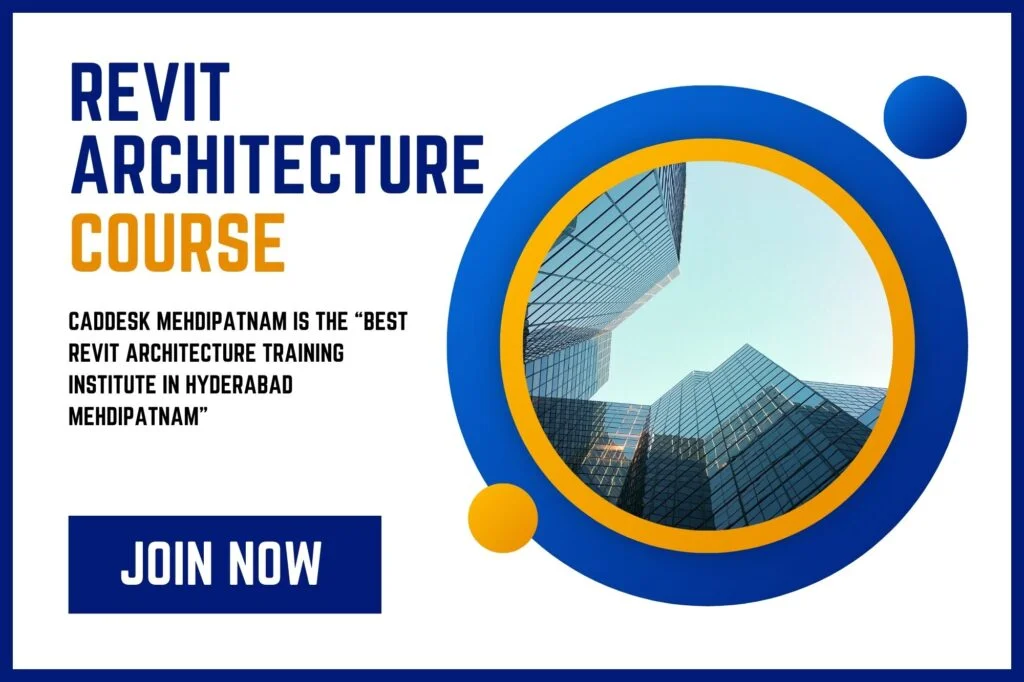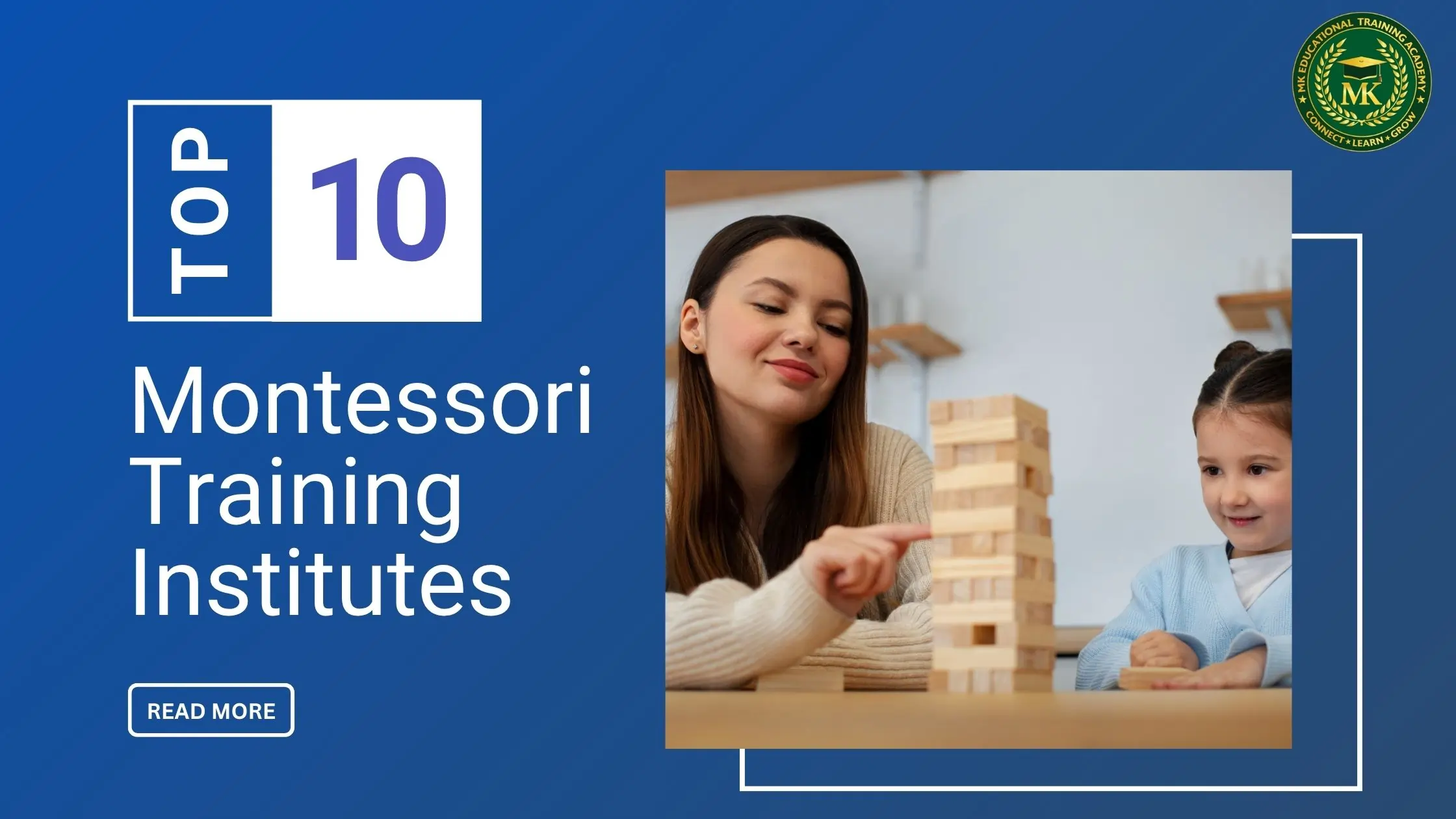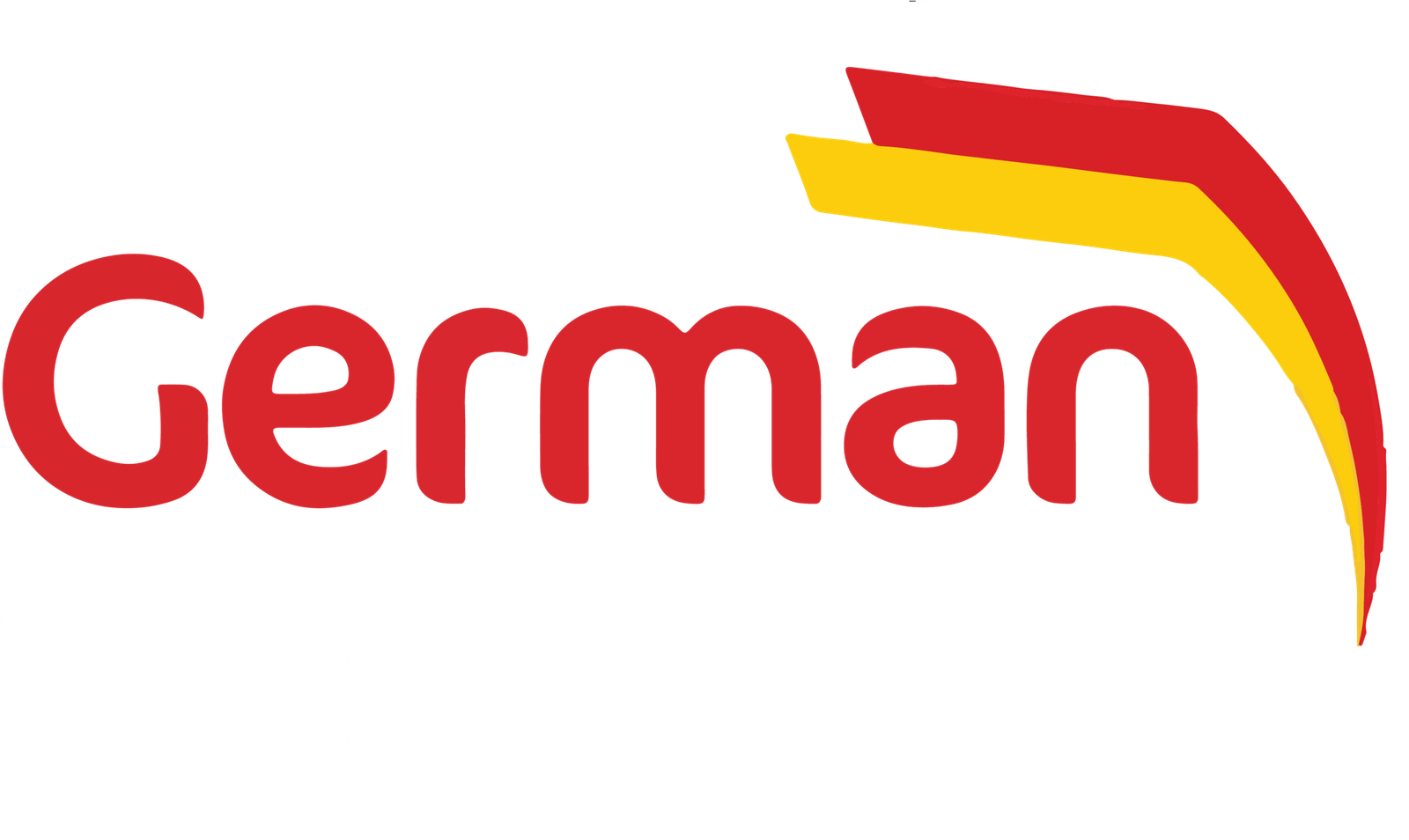The ECCE course (Early Childhood Care and Education) is one of the most important programs for anyone who dreams of providing guidance and support to children during their formative years. From birth to eight years of life, those early years determine how children become thinkers, learners, and grow. With rapid changes in the awareness of child development, the ECCE course is becoming popular with schools, childcare centers, NGOs, and international organizations.
What is the ECCE Course All About?
The ECCE aims to train individuals to work with very small children. It teaches how to promote health, help children develop emotionally, and teach them through a variety of fun and creative methods. The primary focus of this course is on play-based approaches to learning and interactive activities rather than regular teaching approaches. Children grow and learn far more quickly when they feel safe, happy, and curious, and professionals in ECCE are trained to create just that.
An ECCE teacher or caregiver is not just teaching letters and numbers; they are building the foundation for a child’s future learning, confidence, and personality.
Eligibility for ECCE Course
Before joining the ECCE, students need to meet some basic requirements. These may differ by institute, but the most common ones are:
- Certificate or Diploma in ECCE – Students must pass 10+2 (high school) with at least 50%.
- Bachelor’s in ECCE – Completion of 10+2 with good marks. Some colleges also hold entrance tests.
- Postgraduate ECCE Courses – A bachelor’s degree in education, psychology, or related fields is required.
Duration of ECCE Course
The time required to complete the ECCE course depends on the level you choose:
- Certificate Course in ECCE – 6 months to 1 year
- Diploma in ECCE – 1 to 2 years
- Bachelor’s Degree in ECCE – 3 to 4 years
- Postgraduate ECCE Courses – 2 years
ECCE Course Curriculum
The curriculum of the ECCE course blends theory with practical knowledge. Students learn. It trains the subjects to manage children in an accurate, systematic manner. For example:
- Child Growth and Development – Known: Physical and mental stages of development.
- Principles of Early Childhood Education – The most effective ways of educating younger kids.
- Child Health and Nutrition – How the nutrients in healthy food affect growth.
- Play-Based Learning – Play, art, and music are means of educating.
- Inclusive Education – Teaching children with special needs.
- Classroom Management – Creating safe and friendly learning environments.
- Creative Arts – Painting, music, and storytelling.
- Modern Teaching Techniques such as Montessori, Reggio Emilia, etc…
- Child Rights and Protection – Legal and ethical perspectives of caring for a child.
Skills You Gain in the ECCE Course
The ECCE study course helps to develop professional as well as personal skills. Some important abilities that you learn are as follows:
- Communication – Speaking with children, parents, and teachers clearly.
- Creativity – Planning fun and fascinating activities.
- Observation – Early identification of learning difficulties.
- Patience and Empathy – Recognizing the emotions and needs of the children.
- Leadership – Taking charge of groups of young children or even running child-care centers.

Career Opportunities After ECCE Course
This is one of the best features of the ECCE: the vast career opportunities it presents. The various job roles that a graduate can pursue upon completion may include:
- Preschool Teacher – To introduce children to the early stages of learning.
- Daycare Supervisor – Supervising daily child-care activities.
- Curriculum Designer – Planning activity-based lesson plans.
- Assistant to Child Psychologists – Providing assistance in therapy sessions for children.
- NGO Worker – Mobilizing projects concerning child welfare.
- Primary Teacher – Extension of school education to higher classes.
- Educational Consultant – Providing school education on early learning programs.
Salary After ECCE Course
Earnings after the ECCE course depend on qualifications, skills, and job role. Average salaries include:
- Preschool Teacher – ₹2,00,000 to ₹4,00,000 yearly
- Daycare Manager – Up to ₹5,00,000 yearly
- International Schools / Experienced Professionals – ₹6,00,000 to ₹10,00,000 yearly
Why Choose the ECCE Course?
There are good reasons to take an ECCE course:
- High Demand-more and more schools and daycare centers are opening, and, thus, job opportunities increase.
- Rewarding Work- Shaping a child’s future brings great satisfaction.
- Flexible Career Paths- Opportunities in schools, NGOs, and even in one’s own business.
- International Recognition- ECCE is valued by many countries, allowing for international careers.
- Social Impact- It plays a vital role in building the next generation.
Top Institutes Offering ECCE Course in India
Some of the top institutes for the ECCE course in India include:
- IGNOU (Indira Gandhi National Open University)
- NIPCCD (National Institute of Public Cooperation and Child Development)
- Jamia Millia Islamia University, New Delhi
- SNDT Women’s University, Mumbai
- Delhi University – Department of Education
- Private training academies such as Kidzee Training Academy
Global Scope of ECCE Course
The ECCE is not an India-specific affair. Early childhood educators are in demand all over the world. There is an increasing need for ECCE professionals in the USA, Canada, Australia, and the Middle East. International schools and childcare centers often recruit trained graduates of ECCE with lucrative salary packages.
Conclusion
The ECCE is just a qualification; it is more about creating a long-lasting impact on the lives of young people. Building a strong platform for learning, advancing emotional growth, etc., are critical roles played by bright ECCE professionals towards shaping the future of society. There is an increasing demand and opportunities globally in this field, as well as the possibility of having one’s child care enterprise; ECCE is indeed a profession with passion and purpose.
Also Read: ECCE Full Form: Power of Early Childhood Care and Education




